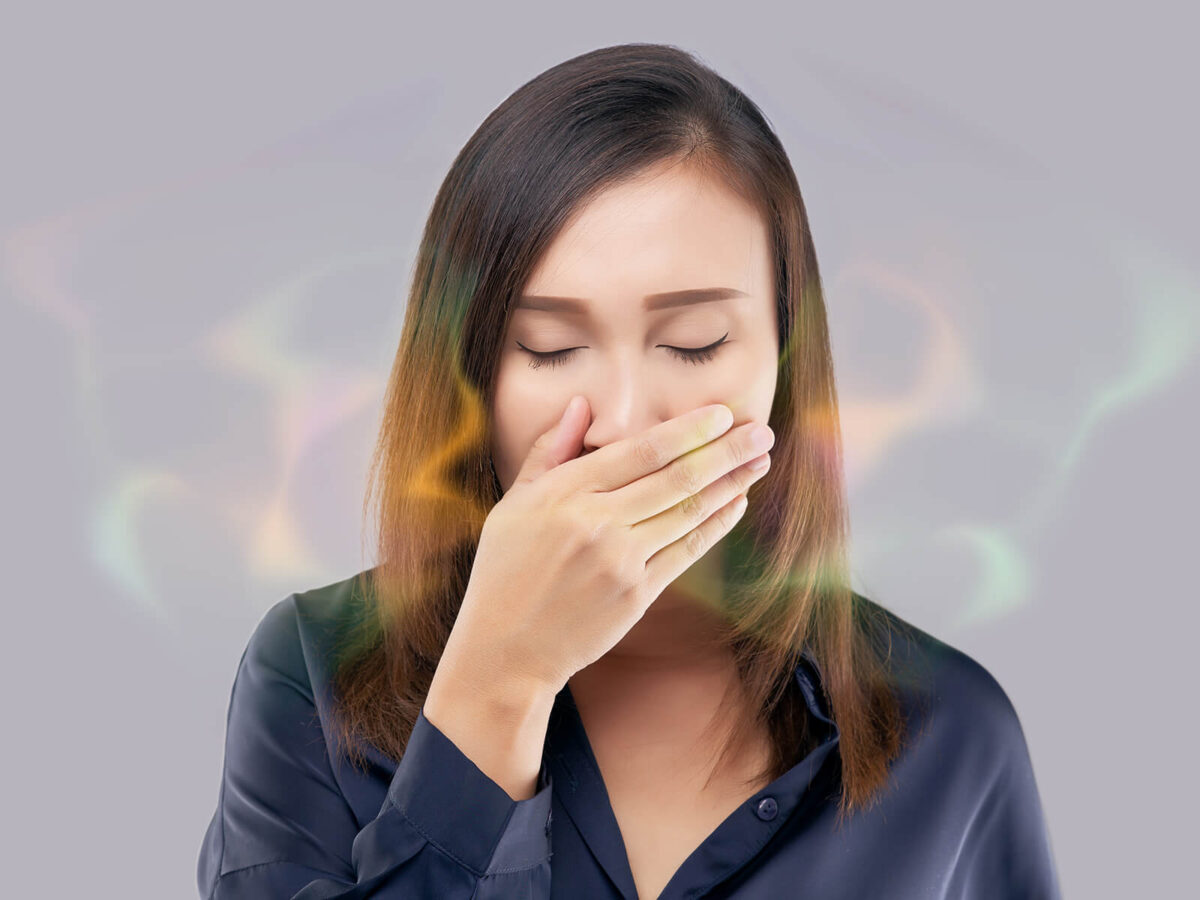Dental emergencies can be disturbing and cause panic if you don’t know how to handle them. Whether it’s a sudden toothache, a knocked-out tooth, or a broken filling, knowing how to handle these situations calmly is vital. Understanding different emergency dental care methods can make a significant difference in preserving your oral health. In Elgin, TX, residents are fortunate to have access to reliable emergency dental care services that can help them address any dental issue quickly. Let’s explore what steps you should take when any dental problem arises in Elgin, TX.
Recognize the Dental Emergency
The first step in dealing with any oral care emergency in Elgin, TX, is to recognize the situation. Here are some common dental emergencies that can arise at any time:
- Unbearable Tooth Pain: Intense or ongoing tooth pain can interfere with daily activities such as brushing, chewing, talking, etc.
- Broken or Knocked-Out Tooth: Trauma, injury, or a broken tooth can cause a dislodged or fractured tooth.
- Lost Filling or Crown: A lost crown or fallen-out filling can expose the underlying tooth, requiring immediate assistance.
- Abscess or Swelling: Bacterial infection or inflammation can cause gums or teeth to swell, creating discomfort and requiring medical attention.
- Broken Dental Equipment: Damage to any dental appliance, such as braces or retainers, can cause pain if worn in a broken condition, requiring medical attention as soon as possible.
If you experience any of the above emergencies, it is important to seek emergency dental care as soon as possible.
Steps to Take During a Dental Emergency
When faced with a dental emergency in Elgin, TX, follow these steps to manage the situation effectively:
- Stay Calm: Feeling anxious or panicked during a dental emergency is okay, but staying calm will help you think clearly and make informed decisions.
- Assess the Situation: It is vital to assess the severity of the dental problem before taking necessary action. If you’re experiencing severe pain, gum bleeding, swelling, or chewing issues, you should consult your dentist as soon as possible.
- Contact an Emergency Dentist: In Elgin, TX, dedicated emergency clinics offer quick emergency dental care. Contact a trusted emergency dentist at Elgin Dentist, TX, and provide details about your symptoms for prompt treatment.
- Manage Pain and Discomfort: Until you can get professional help, manage the pain and discomfort wisely. Use over-the-counter medication as suggested by your doctor to alleviate pain. Apply a cold compress to reduce pain, discomfort, or swelling.
- Handle Bleeding or Knocked-Out Tooth: Rinse your mouth with water if you have a knocked-out tooth and are bleeding. Do not rub or scrub the area; apply gentle pressure and use a clean gauze or cloth to wipe the area.
Conclusion
Emergency dental care can be overwhelming, but knowing how to respond calmly makes all the difference. In Elgin, TX, all residents have access to quick and reliable dental care to receive prompt attention in times of need. Always remember to ask for help in dental emergencies and prioritize your oral health even in times of need.


